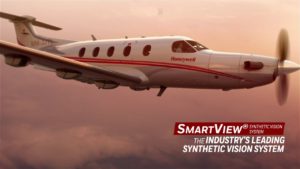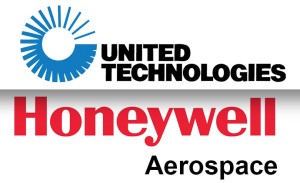(Reuters) – Honeywell International Inc (HON.N) beat expectations for third-quarter profit on Friday and lifted its full-year forecasts for cash flow and margins as it rode a boom in e-commerce driven warehouse investment and aircraft production.
Shares of Honeywell, which makes everything from aircraft engines to catalysts used in petroleum refining, were up 2.5 percent at $159 in premarket trading.
Honeywell has benefited from a rise in global travel that has driven record orders for jets, leading to robust demand for its avionics, braking systems and other aircraft parts.
Recovering demand for business jets, for which the company makes engines, thanks to a tax windfall handed to Corporate America by President Donald Trump in January, has also helped the company.
Sales at the aviation unit, the company’s biggest business, rose 10 percent to $4.03 billion. Margins expanded by 80 basis points to 22.1 percent in the third quarter ended Sept. 30.
Honeywell’s results come a day after Cessna jet maker Textron (TXT.N), one of its customers, reported a 12.5 percent growth in its backlog at $1.8 billion, citing an improving business jet market.
The company has also taken advantage of a boom in e-commerce as it supplies warehouse automation equipment and software to customers such as Amazon.com Inc (AMZN.O).
Sales in safety and productivity solutions unit, which houses the warehouse automation business, climbed 11 percent to $1.58 billion, while margins jumped 150 basis points to 16.6 percent.
Excluding items, Honeywell earned $2.03 per share, beating analysts’ average estimate of $1.99 per share, according to Refinitiv data.
The company’s revenue rose 6.3 percent to $10.76 billion, topping the consensus of $10.75 billion.
Honeywell increased the low end of its 2018 adjusted free cash flow to $5.8 billion from $5.6 billion, while keeping the top end unchanged at $6.2 billion.
The company now expects full-year margins to rise 19.5-19-6 percent, up from 19.4-19.6 percent. Excluding the impact of divestitures, Honeywell said its full-year earnings will be in a range of $7.95 to $8.00 per share.
(Reporting by Ankit Ajmera in Bengaluru; Editing by Saumyadeb Chakrabarty)




